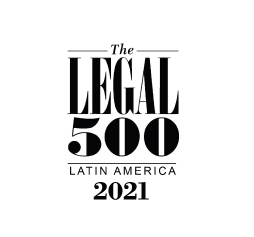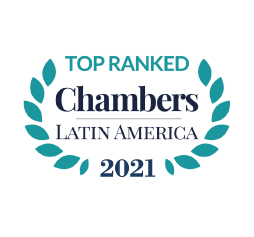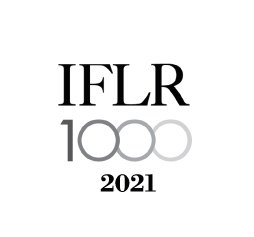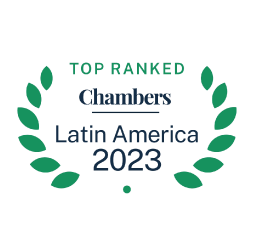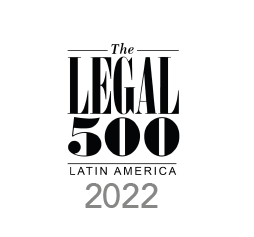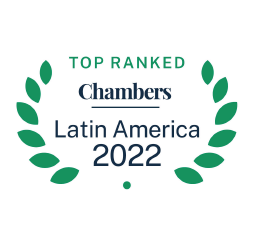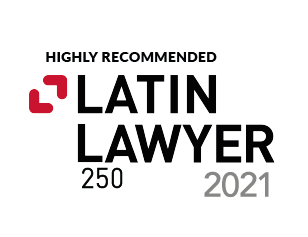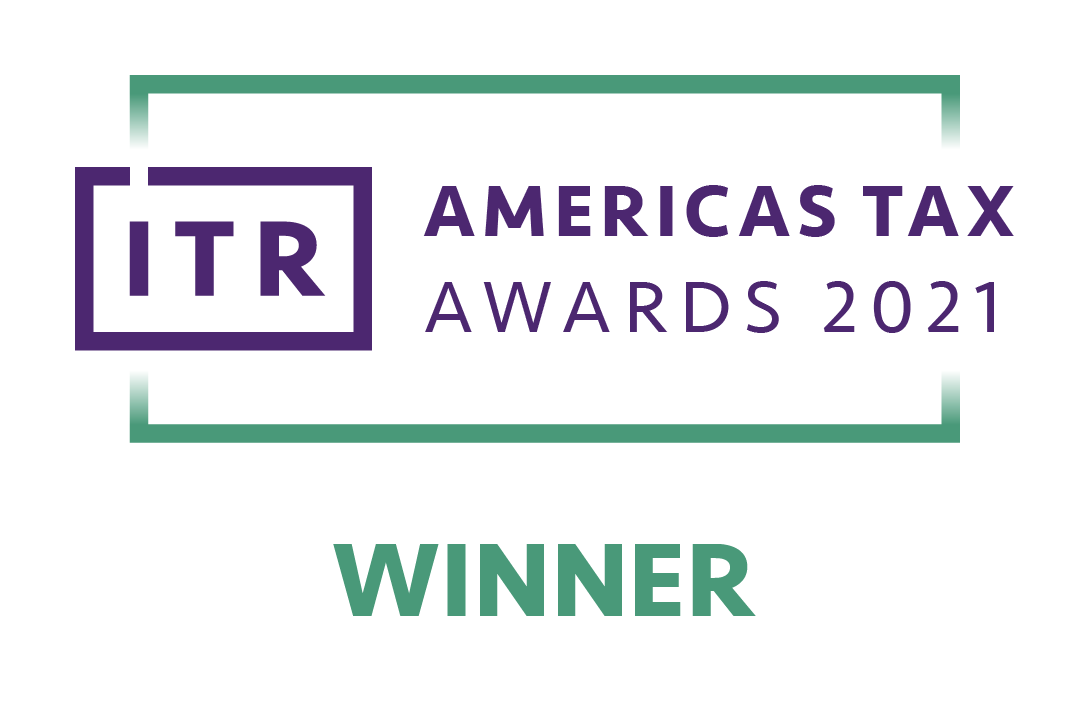This new year arrived with it a new type of company, through the promulgation of Law No. 6480/2020: the Simplified Joint Stock Companies or “EAS” (according to its initials in Spanish). The novelty of EAS lay on the fact that they can be incorporated by one or more natural or legal persons. That is, ownership of the company by a single person is admitted. The only proviso in the law in this regard is that a single-person EAS cannot be a shareholder of another single-person EAS.
EAS are created through a unilateral contract or act stated in a public or private instrument with certification of signatures. The interesting facility presented for the incorporation process is the non-mandatory recordal of the company in the Public Registry Office, as documents must be entered only and exclusively through the SUACE, which will then refer the procedure to the Ministry of Finance.
Once the documents are registered before the corresponding division of the Ministry of Finance appointed for such purpose, the EAS acquires a legal personality different from that of its members. Until acquiring legal personality, each member of the EAS is jointly and unlimitedly responsible for the obligations taken on behalf of the company. After the personality is acquired, the partners are liable up to the limit of their contributions.
The Law does not require a minimum capital for the incorporation of EAS, divided in shares. Subscription and payment of the capital can be done in such conditions, proportions and terms as agreed by the members, although the payment period must not exceed 2 years after subscribing the capital. To this date, corporations (“SA”) do not have this obligation.
The EAS’ articles of incorporation are important since they define their organization. The governing body is the meeting of the members, to take decisions, regardless of whether it is formed by a single member.
Another peculiarity of the EAS is that the figure of a corporate trustee is not mandatory, meetings of members can be held without calls published in newspapers and it is not necessary to do it in advance. However, EAS must have corporate books similar to those used by SA.
It is important to mention that, although the Law whereby this type of company is created is currently in force; the Ministry of Finance must designate the agency in which the EAS will be registered, so such procedure is still pending in order to make their incorporation effective. Furthermore, these companies bring other innovations and particularities which will be described in more detail in the next newsletters.
Finally, with regard to the tax regime of the EAS, they will be under the same regime as any other person who is engaged in the same activity, without any distinction. However, the single-person EAS owned by a natural person could have a competitive advantage compared to other companies, losing fiscal neutrality, since they could pay the IRE by the SIMPLE Regime, as long as they invoice up to G. 2,000,000,000 per year. In that way, the single-person EAS owned by a natural person will enjoy tax benefits agreed to single-person companies but obtaining the additional benefit of limiting the liability to the value of the contributed capital.

